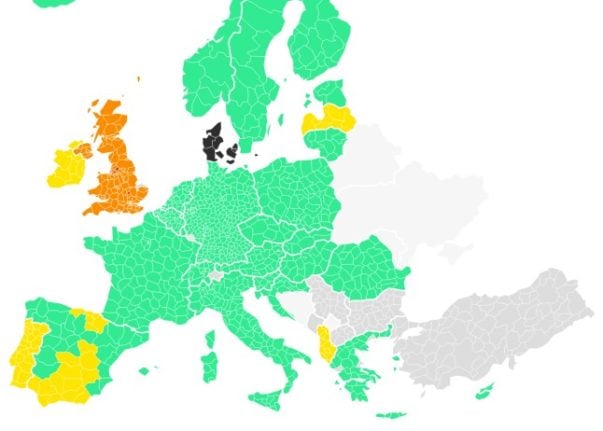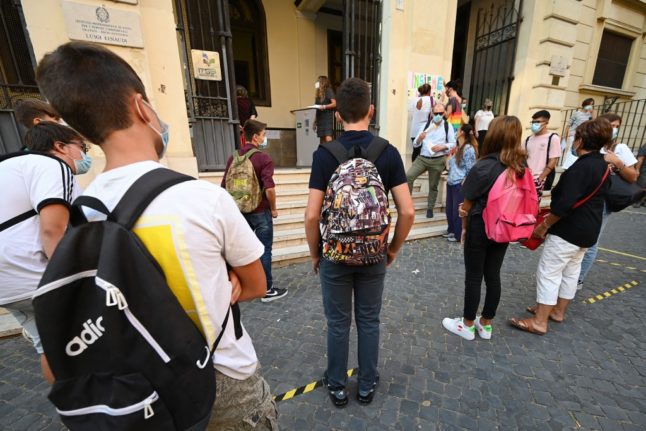Here are the most recent changes:
Denmark’s Ministry of Foreign Affairs announced a new set of travel guidelines last Saturday, which reintroduced the “green” ranking to the country’s traffic-light-based travel guidance system.
Most of the European Union and Schengen countries are now ranked as “green”, with Greece, The Netherlands, France, Lithuania, and Sweden all being moved to the lowest risk category on Saturday.
This means it is possible to travel into Denmark without showing a test or going into self-isolation.
The exceptions are Portugal, Latvia, Ireland and half of Spain, which are all ranked “yellow”.
It is still possible to travel into Denmark from “yellow” EU and Schengen regions for any reason at all, including tourism, without having to isolate.
The only difference is that before entering Denmark, you need to show a negative PCR test no more than 72 hours old, or a negative antigen test no more than 48 hours old. If you’re travelling by air, you can get this antigen test for free on arrival at the airport.
The UK is the only country in Europe ranked “orange”, due to the fact that only countries on the EU approved list are ranked “yellow” by Denmark.
This means that those travelling from the UK to Denmark need a “worthy purpose” to enter the country, which could be business, study, or meeting, close relatives.
On Saturday, Denmark decided to keep the “red” ranking in place for four regions from the UK — Blackburn with Darwen, Bolton, Rossendale and Bedford.



 Please whitelist us to continue reading.
Please whitelist us to continue reading.
Member comments